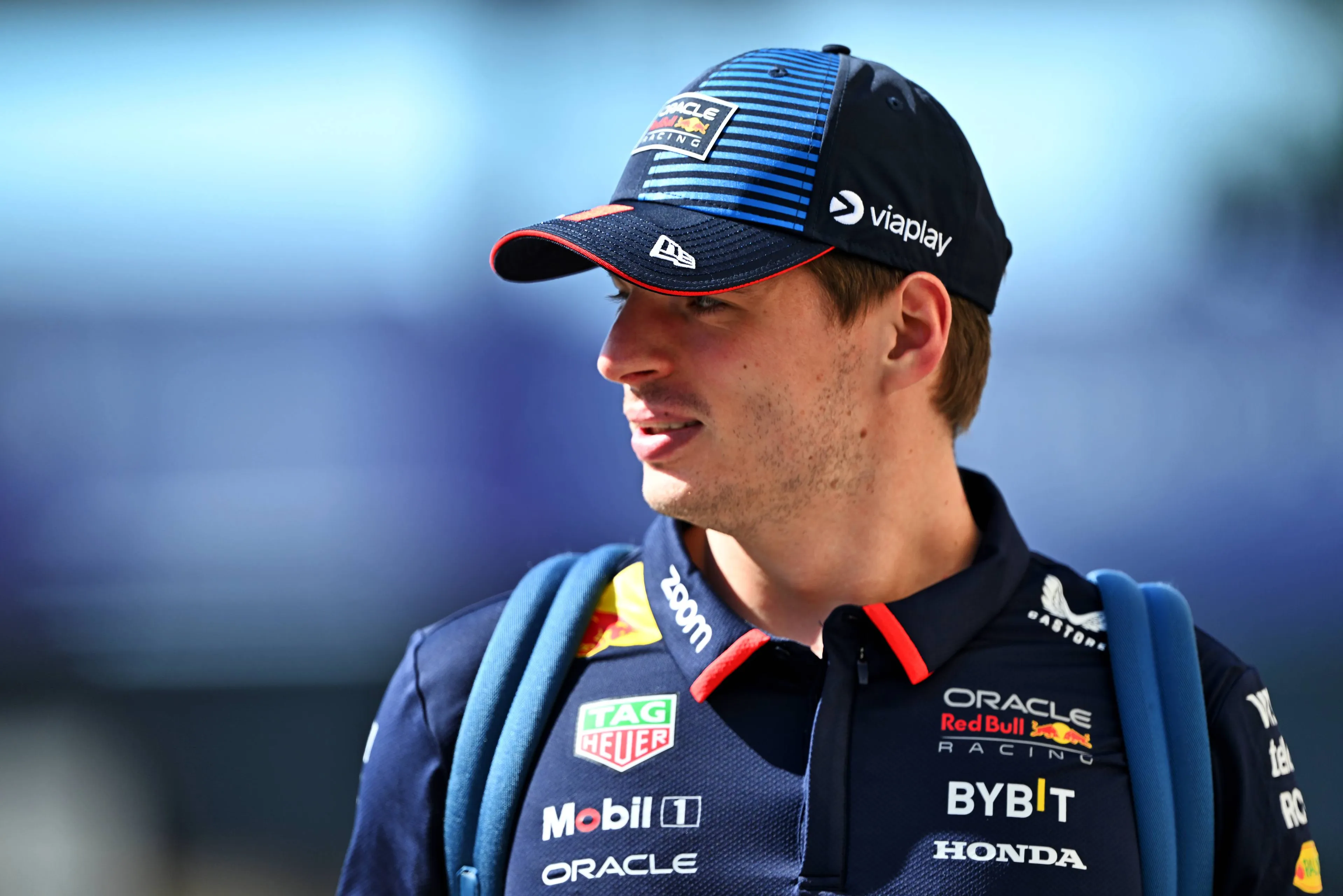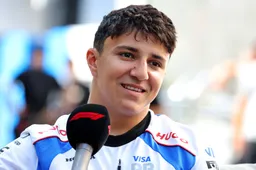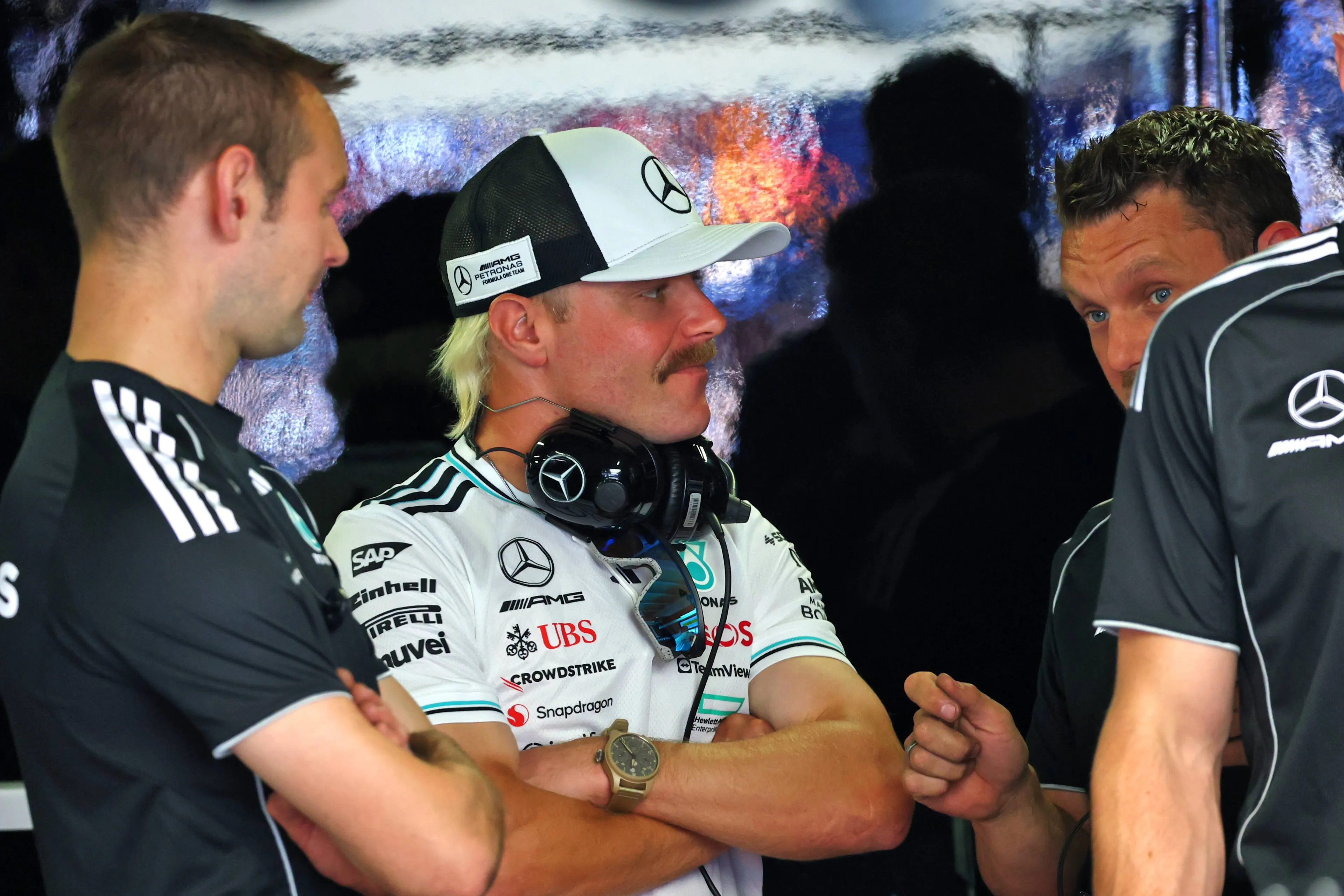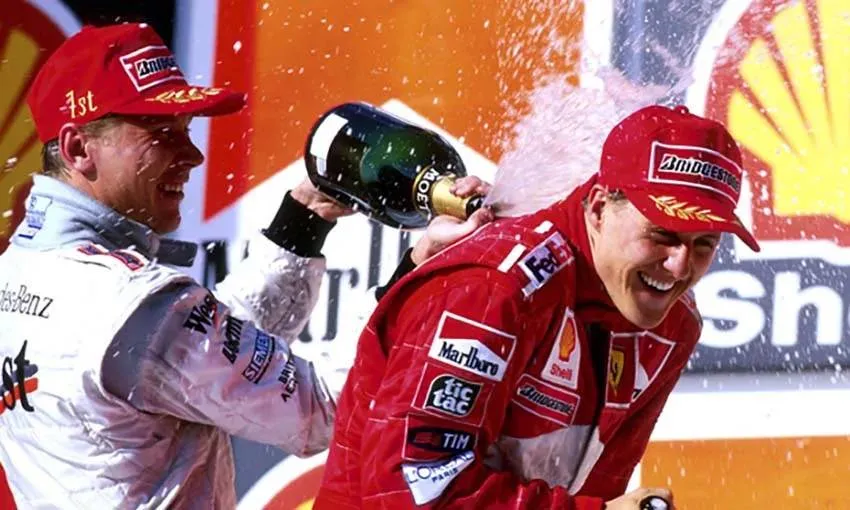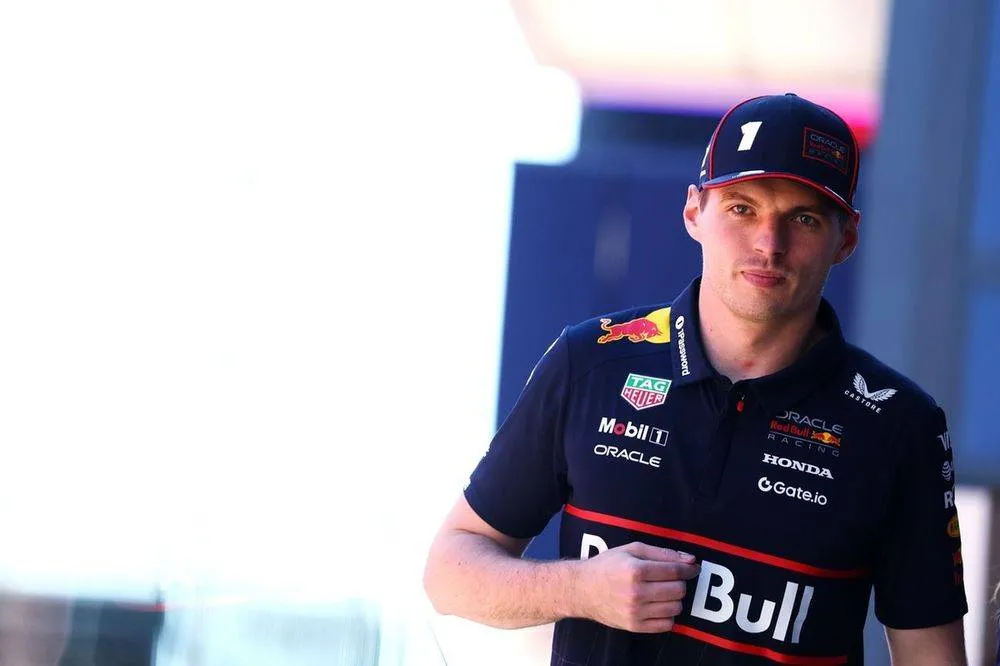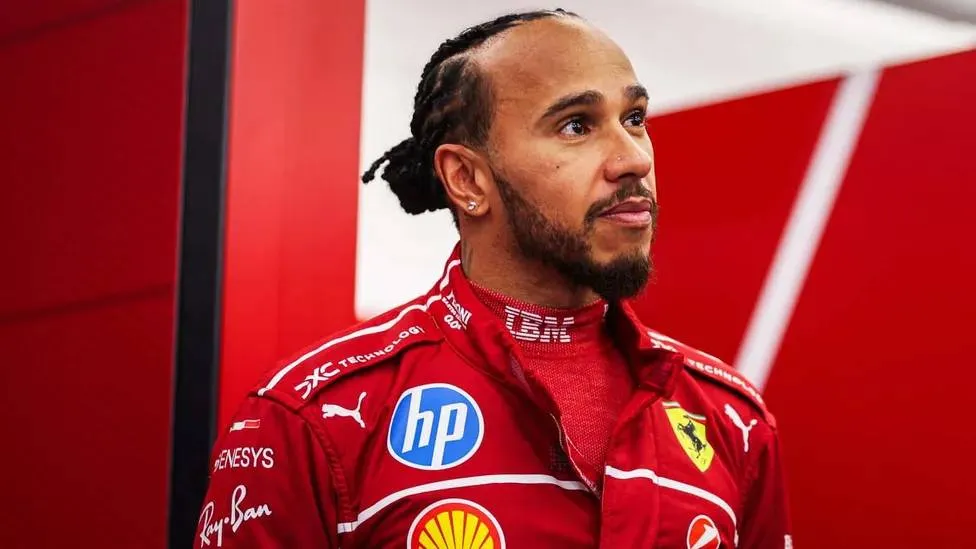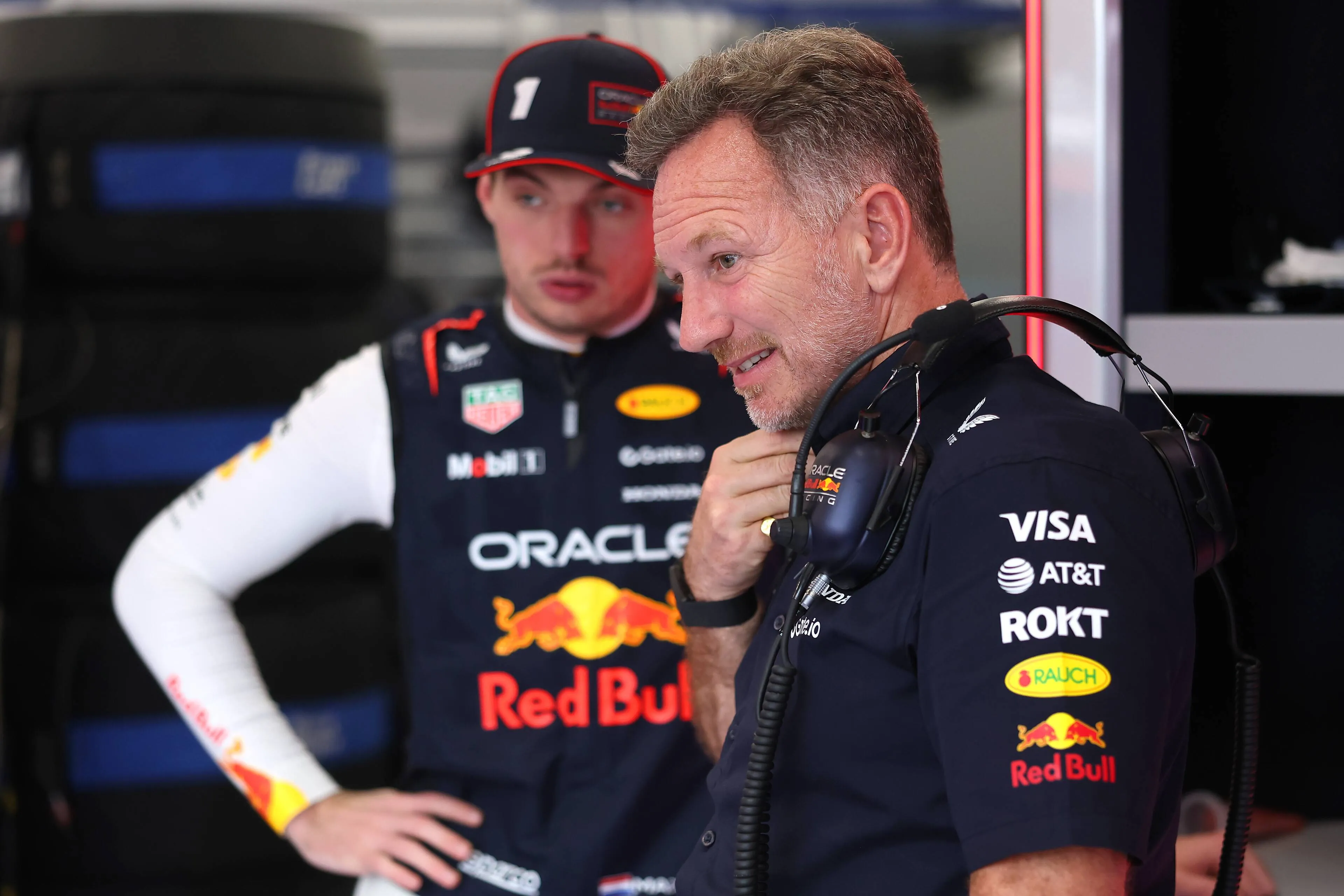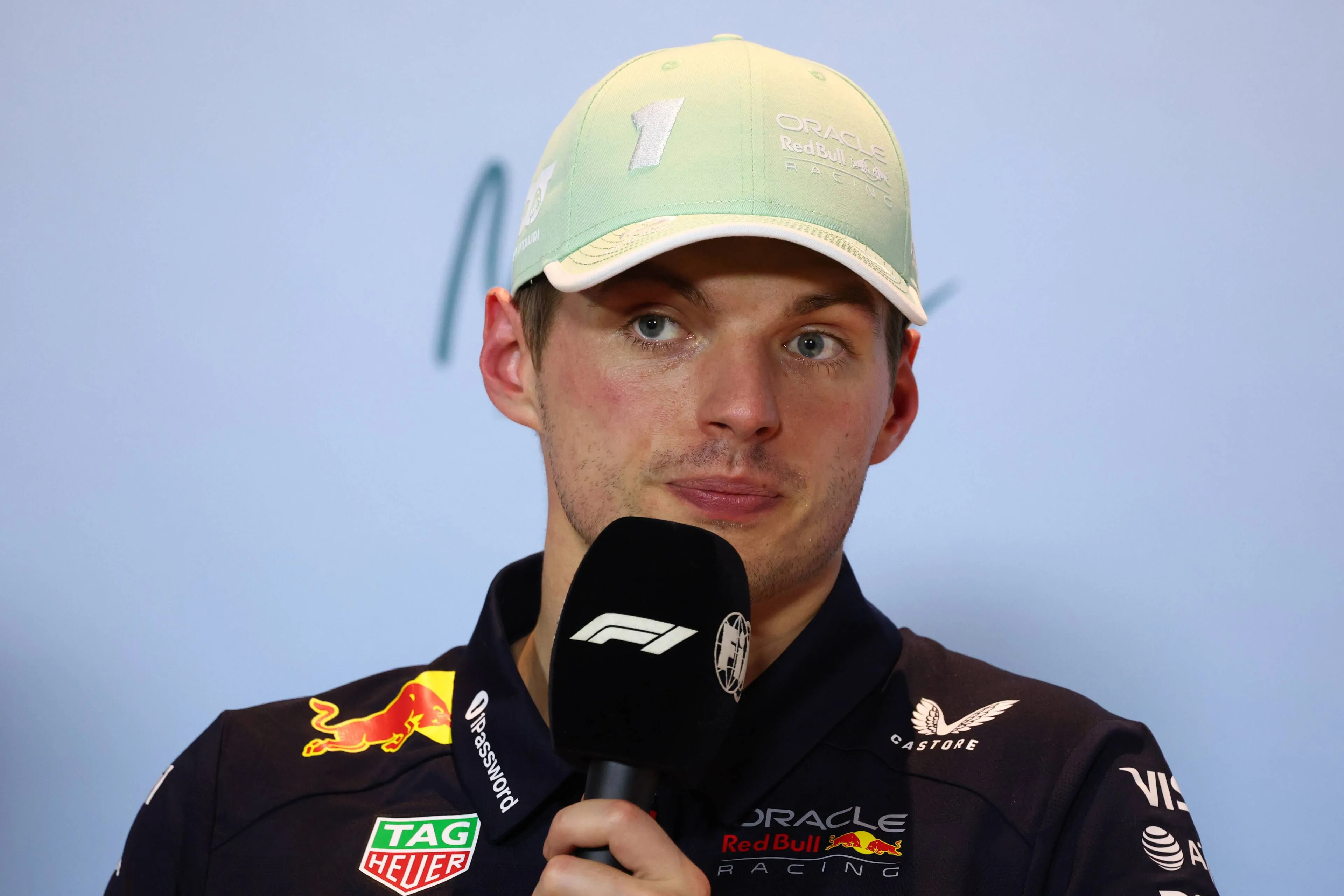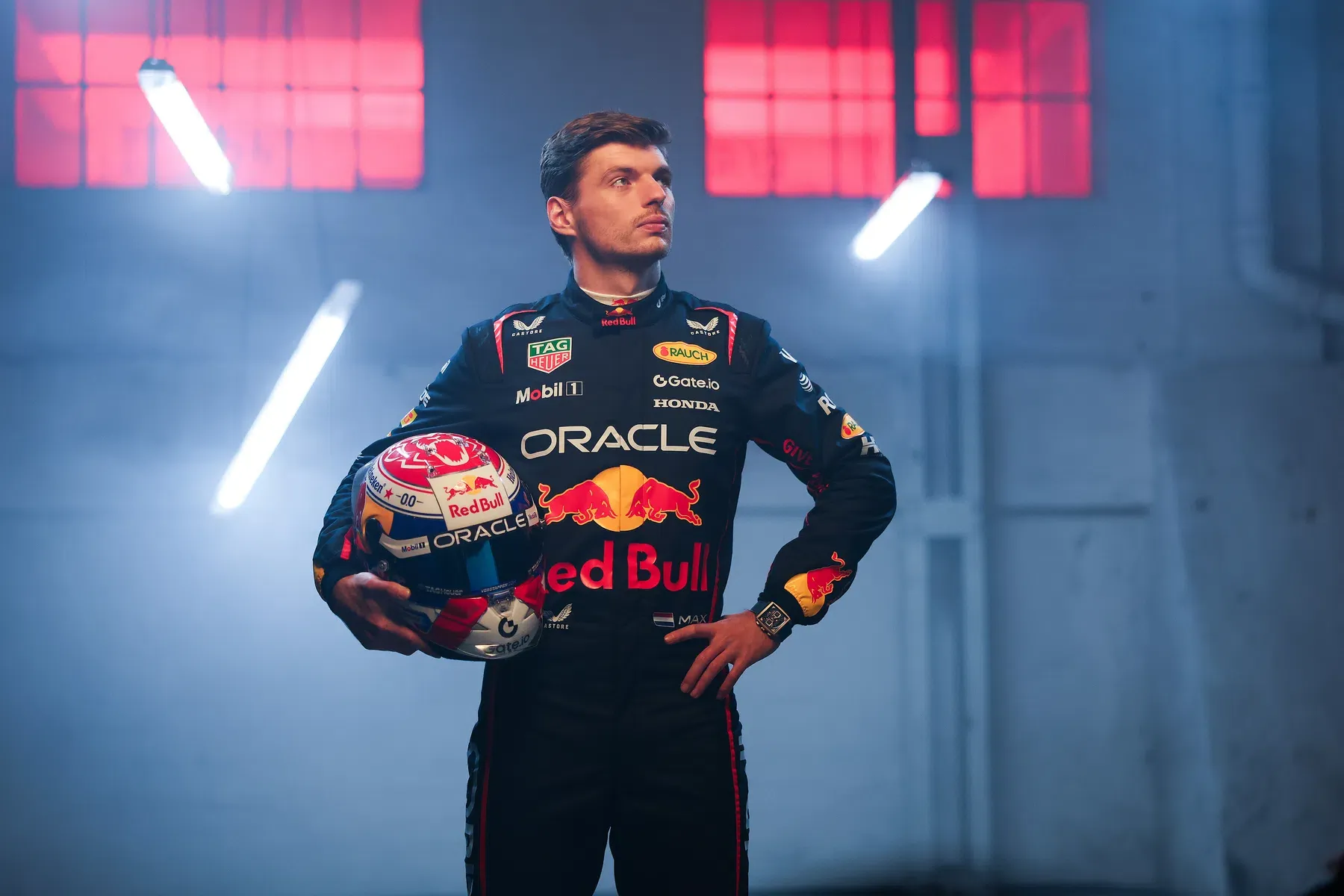Why Verstappen’s teammates keep failing: Former Red Bull insider reveals the brutal truth
10:21, 07 Jun
2 Comments
It has become a pattern over the years: teammates of Max Verstappen rarely match his performances. Why is the difference between the Dutchman and his teammates so significant each time? Former Red Bull mechanic Calum Nicholas explains.
Drivers like Pierre Gasly, Alexander Albon, Sergio Pérez, and Liam Lawson showed promising results before their Red Bull adventure, but did not perform well at the top team. The same goes for Yuki Tsunoda, who had to start at the back during the Spanish Grand Prix, while Verstappen qualified third.
"I mean there is firstly that there's the Max Verstappen of it all. The guy is just really really good," Nicholas tells on Lucas Stewart's YouTube channel. "I think not in terms of just hisTechnical skill and his talent but just I've watched Max grow into this guy that can do everything. He does everything well now And I think that it's just added pressure."
Nicholas left Red Bull Racing in February this year, but emphasizes there's no difference between Verstappen's and his teammates' cars. "I know the cars are the same You know I spent I spent all this time building them. Sometimes you might have a weekend where you haven't got a set of upgrades for both cars and things like that but over the course of the season those cars are essentially the same."
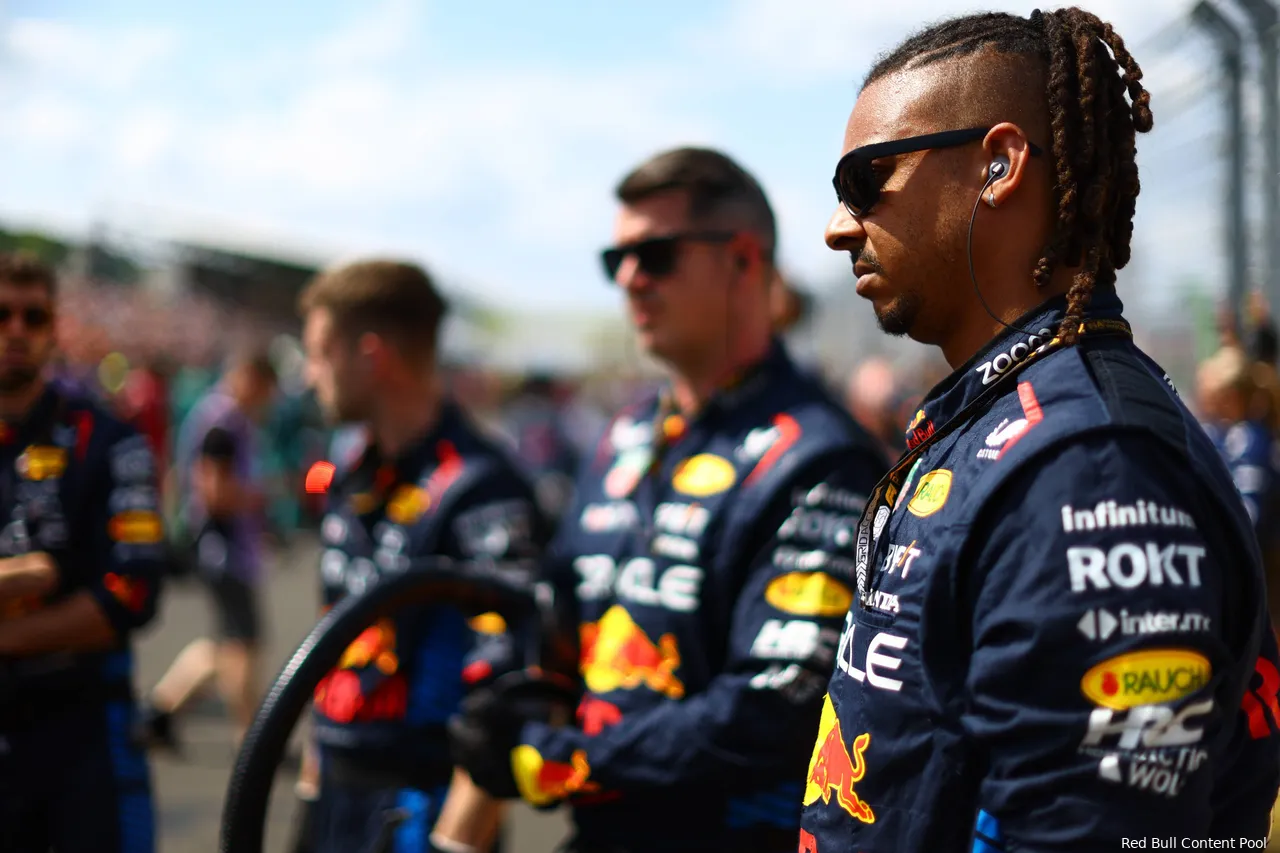
Former Red Bull mechanic Calum Nicholas on the right.
Verstappen ‘had it easier’ in his early days at Red Bull Racing
Why do Verstappen's teammates then consistently fail? According to Nicholas, it all comes down to enormous pressure. "So you look at when we took Max into the team in 2016 it was much lower pressure because we weren't there winning. Merc were winning, we weren't there winning. So the whole pressure around the team was essentially less."
"When you come into a team that's had the dominant season that we had in 2023, the pressure is very different. You know, [the] most successful ever season in Formula 1, you're now the second driver against the guy that's done all of these things. It's a very different ball game in terms of where you need to be in your head space," Nicholas concludes.
Read more about:
Rumors
Popular on GPBlog

1
Charles Leclerc suits up for wedding day
5231 times read
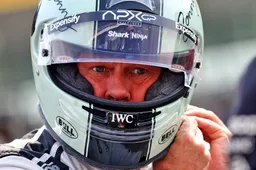
2
Want to own an F1 car? A McDonald's happy meal might just be the way to get it!
4043 times read
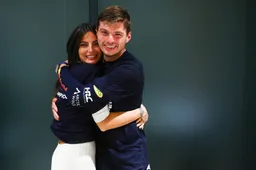
3
Kelly Piquet breaks silence on life with Max Verstappen and daughter Lily
3401 times read
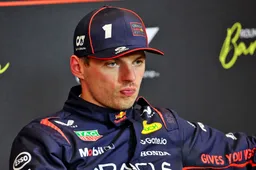
4
Croft is onto Verstappen's 'clever' trick that might've saved him from harsher penalty
1291 times read
